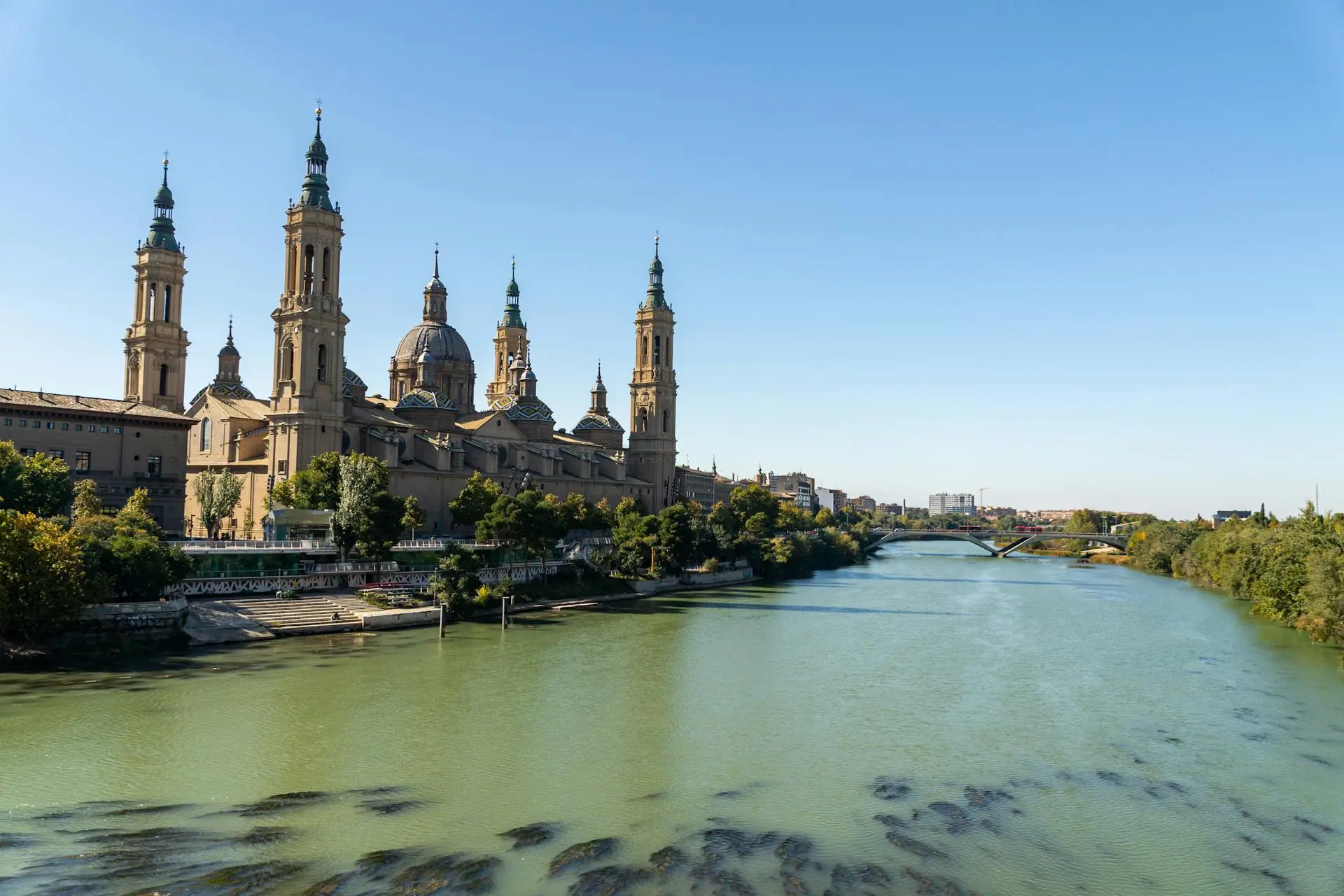
Spanish Citizenship
Overview
Spanish Citizenship system has several way to obtain the Spanish passport:
- By Residence: Most common way after a certain period of residence.
- By Naturalization (Carta de Naturaleza): Exceptional and discretionary and granted by the Spanish Government
- By option: For individuals with a family or birth link to Spain or person under the guardianship of a Spaniard.
- By Grandchildren Law/ ley de Memoria Democrática.
Highlights
Freedom to live, work, and study with full rights.
Fast-track for many nationalities.

Benefits
- EU Rights – Freedom to live, work, and study in all EU/EEA countries without extra permits.
- Visa-Free Travel – A Spanish passport gives access to 190+ countries visa-free or with visa-on-arrival.
- Security & Stability – Full political rights in Spain (including voting), plus access to public healthcare, education, and social benefits as a national.
Requirements
Nationality by residence is the most common way to obtain Spanish nationality.
Granted to foreign nationals who have lived in Spain legally and continuously for the required minimum period, depending on their circumstances.
- 10 years: general rule.
– 5 years: refugees.
– 2 years: nationals of Ibero-American countries, Andorra, the Philippines, Equatorial Guinea, Portugal, or Sephardic origin.
– 1 year: special cases (born in Spain, married to a Spaniard, widowed from a Spaniard, child or grandchild of Spaniards, etc.). - Passing the Instituto Cervantes tests:
– CCSE (Constitutional and Sociocultural Knowledge).
– DELE A2 (basic Spanish level), except for nationals from Spanish-speaking countries. - Official application form (available on the Ministry of Justice website).
- Full, valid passport, Valid residence card (NIE).
- Birth certificate (legalized or apostilled, and translated into Spanish if applicable).
- Criminal record certificates from the country of origin and from Spain.
- Certificate of registration (empadronamiento) from your local town hall.
- Proof of financial means (work contract, payslips, income tax returns, etc.).
- Certificates of passing the CCSE and DELE exams.
- Additional documents for special cases (e.g., marriage certificate to a Spaniard, refugee certificate, etc.).
Application process from home country
- Gather documentation: Legalize/apostille and translate documents where required.
- Submit the application: Our immigration team of lawyers in Spain will submit the application for you through the Ministry of Justice online platform (requires digital certificate), or at the Civil Registry.
- Follow up till the resolution of the application: The Ministry grants or denies nationality via an administrative decision.
- Oath or promise: Before the Civil Registry, swearing loyalty to the King and obedience to the Spanish Constitution and laws.
- Civil Registry inscription: Your nationality is registered, and you can then apply for a Spanish ID (DNI) and passport.
How Charfort can help you?
Eligibility assessment, Application Submission
We review your profile and advise on meeting visa criteria.
Step-by-step support through the application and consular processes.
Rejection appeal assistance
If your application is denied, we help you understand the reasons, prepare the necessary documents, and guide you through the appeal process to improve your chances of success.
Document preparation, Ongoing legal support
Help preparing and organizing proof of income, employment, insurance, and other paperwork.
We gather your documentation and handle the submission of your application as
quickly as possible.
Application Follow-up
We proactively track the status of your application and respond to any requests from the authorities.
Frequently asked questions
Everything you need to know about the process.
Contact us today
Charfort assists international clients in obtaining residence and citizenship under the respective programs. Contact us to arrange an initial private consultation.

